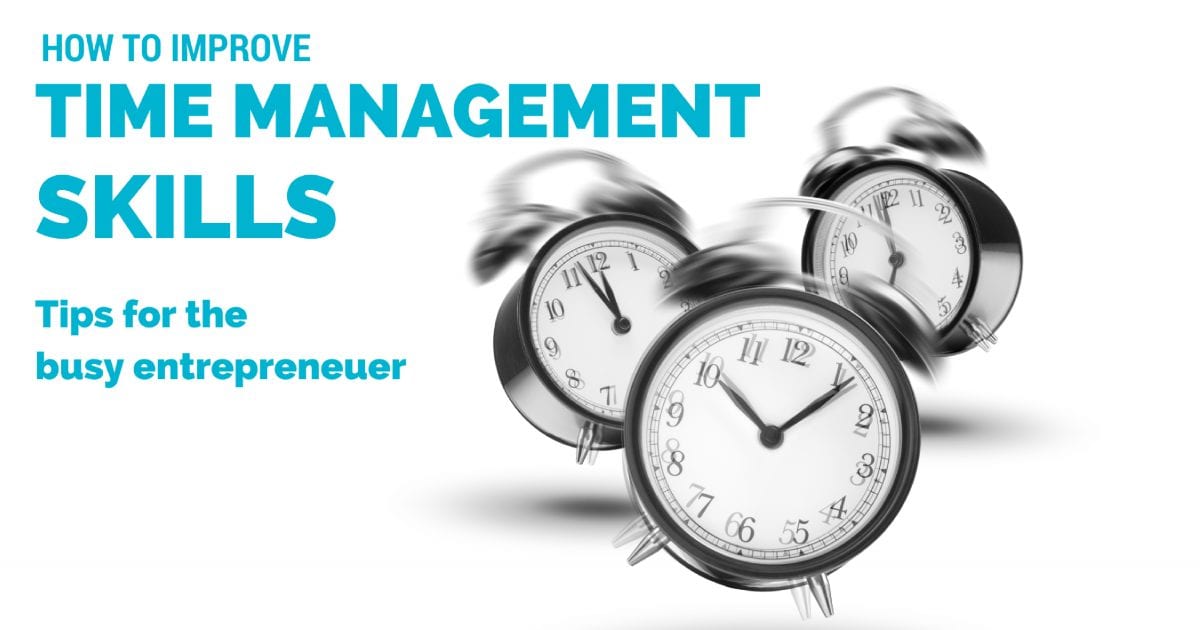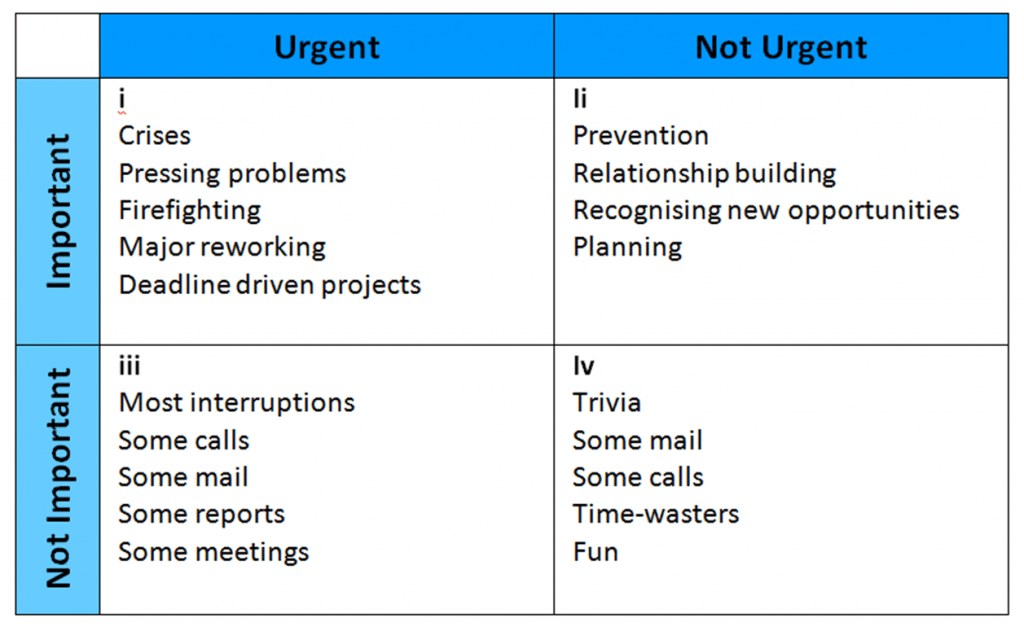Every now and then we plan to be more efficient. We resolve not to leave things until the last minute. We promise to prioritise better to achieve a healthy work/life balance. And when we remember just how hard it is to get out of bed that hour earlier, we get lulled into a false sense of security by downloading the newest time saving app or piece of software touting time management advantages.
The problem is, you end up spending so much time keeping these apps updated with your activities, that you waste more time than you did without them. Why do they so consistently fail? They simply don’t take stock of the important things.
Time is not something that can be simply sliced, diced and apportioned amongst your outstanding tasks. It isn’t physical, it is in your own head, and every single person experiences time differently. We’ve all known time to fly when we’re having fun, or being unfairly stolen by a salesperson cold calling at 8pm at night. Time is unique to us, so how could a third-party app possibly manage all of our time in the same way, and hope to do it well?
Here’s the truth – there are only two productive ways to spend time:
1. Internally; these are the things you think and the emotions you feel
2. Externally; these are the things you say and the things you do
It doesn’t matter whether you own an international conglomerate, or run an independent shoe shop, your time should be divided between these two things primarily. Everything else is just noise that will only serve to disrupt your productive time. Whilst some of that noise may be necessary to deal with, it is the ability to manage disruptions that will dictate your success or failure.
Managing your time is all about getting your priorities straight. To help with that, Stephen Covey, author of 7 Habits of Highly Successful People, came up with this matrix, designed to help you analyse any given task and quickly decide whether or not to prioritise it.
When an interruption presents itself, ask yourself where it would fall in this matrix. You should be aiming to spend most of your time in quadrant two in order to be truly effective. If an interruption is going to distract you from quadrant two, but it is a quadrant one scenario, then attend to it. If it is just a quadrant three or four scenario, then you must prioritise other things.
If you’re ready to take permanent control over how you spend your time, here are our top time management strategies for increasing productivity.
- Start by spending a week recording how you spend your time each day. At the end of the week, look back over each day and analyse how you spent your time. It’s important that you understand what is realistic for you to achieve in any given time period. This will also allow you to reflect on where time has been wasted and learn to avoid it in the future.
- Rather than just creating never-ending to-do lists, try using an appointment book to schedule out time to complete different tasks. That way you are recognising and planning for the scale of the task, not just assigning each task an equally weighted place on a list.
- Set aside the first half hour of every day for planning. As the saying goes, failing to prepare, is preparing to fail.
- Interruptions are inevitable, and they will sometimes come in the form of ‘important and urgent’, so allow time for them when planning your day. That way you take control of them, rather than letting them control you.
- Don’t just list tasks. Think about what you actually want to achieve. Simply putting a tick mark against ‘Call new supplier’ is useless, unless you actually secured the new deal you wanted. Goals are more important than actions.
- Allow time to reflect. Add an extra 5 minutes after an important meeting or call in order to make important notes, and assess how productive it was. Did it move you towards your goal? Or have you got to make another call before you get there?
- Don’t be afraid to say no. Sometimes, the only way to get things done is to completely shut yourself off. If you have something highly important to achieve, put a sign on your office door, turn off your phone and close your email down.
- Delegate tasks that aren’t business critical. How much time do you spend picking up the phone just because it is ringing, or answering an email just because your inbox beeps? Consider delegating or outsourcing these distracting tasks to save your precious time for more important activities, like growing your business. Work with whoever you get to manage these tasks, to ensure they understand what should be prioritised for your attention. They can then filter out the rest, replying to non-critical correspondence, or sending them onto people who can deal with them more appropriately. Just make sure you set aside some time at the end of each day to handle the communications that have been prioritised for you.
- Keep away from social media – this is perhaps our golden rule for time management! No matter how much we’re aware of what a drain on our time social media can be, it is all too easy to get distracted by pictures of Sarah’s new baby, or Mark’s trip to Canada. Avoid it like the plague by keeping logged out from all social media throughout the working day. If you use social media to market your business, this is another task that you can easily delegate or outsource instead, helping you avoid the temptation!
If you often find yourself short on time and would like to know more about the benefit of our time management time management virtual assistant services, feel free to call us on 0800 994 9016 or use our contact form in the menu above.


